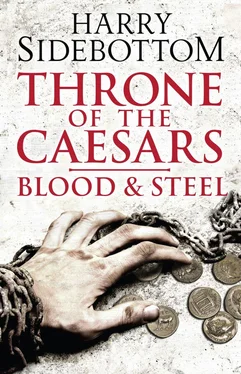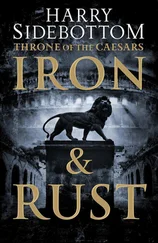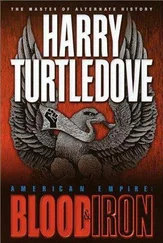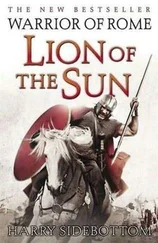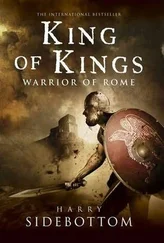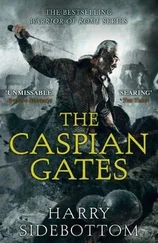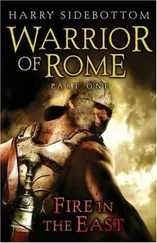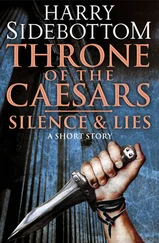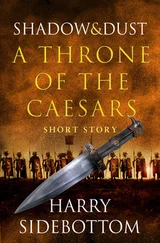Harry Sidebottom - Blood and Steel
Здесь есть возможность читать онлайн «Harry Sidebottom - Blood and Steel» — ознакомительный отрывок электронной книги совершенно бесплатно, а после прочтения отрывка купить полную версию. В некоторых случаях можно слушать аудио, скачать через торрент в формате fb2 и присутствует краткое содержание. Год выпуска: 2015, ISBN: 2015, Издательство: HarperCollins Publishers, Жанр: Исторические приключения, на английском языке. Описание произведения, (предисловие) а так же отзывы посетителей доступны на портале библиотеки ЛибКат.
- Название:Blood and Steel
- Автор:
- Издательство:HarperCollins Publishers
- Жанр:
- Год:2015
- ISBN:9780007499908
- Рейтинг книги:3 / 5. Голосов: 1
-
Избранное:Добавить в избранное
- Отзывы:
-
Ваша оценка:
- 60
- 1
- 2
- 3
- 4
- 5
Blood and Steel: краткое содержание, описание и аннотация
Предлагаем к чтению аннотацию, описание, краткое содержание или предисловие (зависит от того, что написал сам автор книги «Blood and Steel»). Если вы не нашли необходимую информацию о книге — напишите в комментариях, мы постараемся отыскать её.
Blood and Steel — читать онлайн ознакомительный отрывок
Ниже представлен текст книги, разбитый по страницам. Система сохранения места последней прочитанной страницы, позволяет с удобством читать онлайн бесплатно книгу «Blood and Steel», без необходимости каждый раз заново искать на чём Вы остановились. Поставьте закладку, и сможете в любой момент перейти на страницу, на которой закончили чтение.
Интервал:
Закладка:
Harry Sidebottom
Blood and Steel
Do not fear god,
Do not worry about death;
What is good is easy to get, and
What is terrible is easy to endure
PHILODEMUS (HERCULANEUM PAPYRI 1005, 4.9-14)One could press on or draw back in a private enterprise, and commit oneself more deeply or less at will, in accordance with the prospects of the moment. But in the pursuit of an empire there was no mean between the summit and the abyss
TACITUS, HISTORIES 2.74


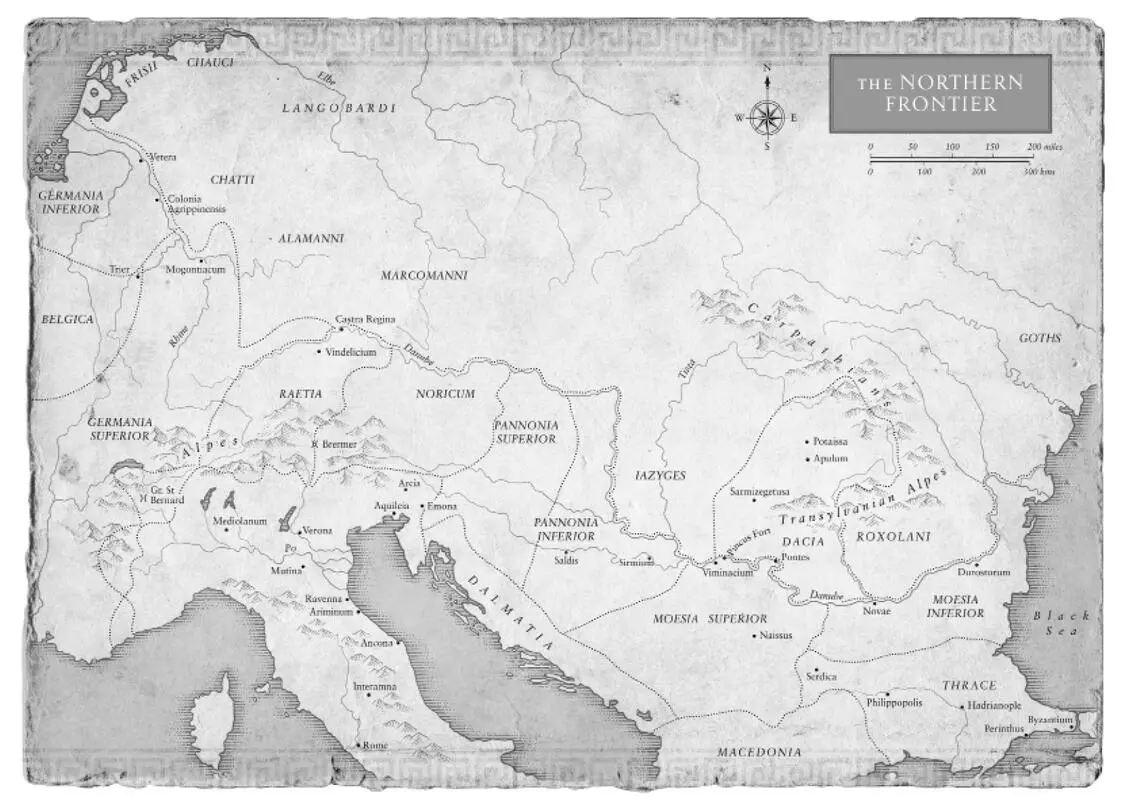
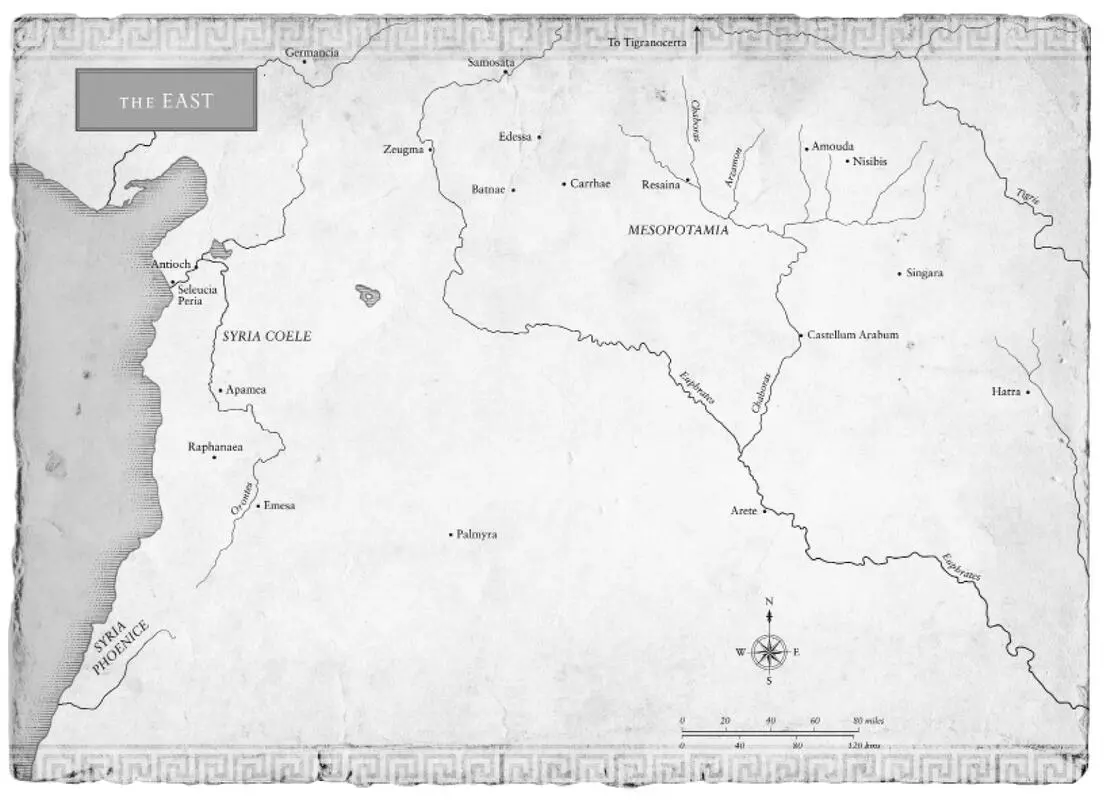
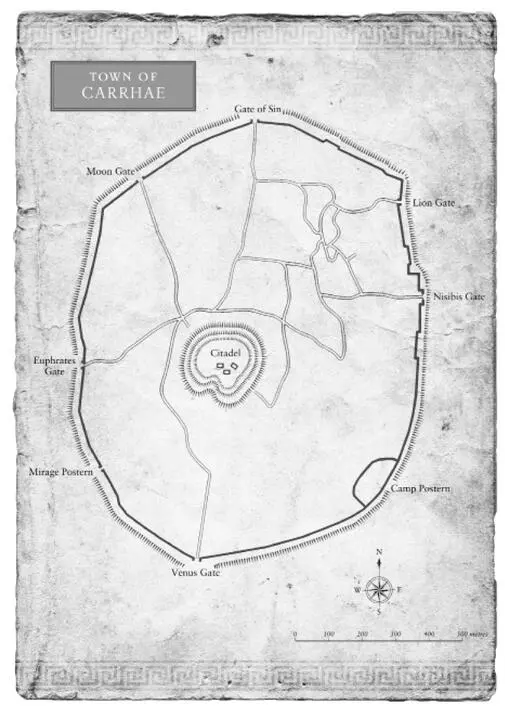
Cast of main characters
IN ROME
Vitalianus: The Praetorian Prefect in Rome, and Sabinus, Prefect of the City, officers of Maximinus
Menophilus and Valeria: Envoys of the Gordiani
Pupienus: Sometime Prefect of the City
Pupienus Maximus: His elder son
Pupienus Africanus: His younger son
Gallicanus: A Senator of Cynic views
Maecenas: His intimate friend
Balbinus: A patrician of dissolute ways
Timesitheus: The ambitious Prefect of the Grain Supply
Tranquillina: His even more ambitious wife
Maecia Faustina: Daughter of Gordian the Elder, sister of Gordian the Younger
Marcus Junius Balbus: Her young son
The die-cutter: A workman in the Mint
Castricius: His young and disreputable neighbour
Caenis: A prostitute visited by both
IN AFRICA
Gordian the Elder: Formerly governor of Africa Proconsularis, now proclaimed Emperor
Gordian the Younger: His son and legate, also now proclaimed Emperor
Arrianand Sabinianus: Their supporters
Capelianus: Governor of Numidia, and enemy of Gordian
IN THE NORTH
Maximinus Thrax: The Emperor
Caecilia Paulina: His deceased wife
Verus Maximus: His son and heir
Iunia Fadilla: Wife of Verus Maximus
Apsines of Gadara: Secretary to Maximinus
Flavius Vopiscus: Senatorial governor of Pannonia Superior
Honoratus: Senatorial governor of Moesia Inferior
Anullinus: Senior Praetorian Prefect
Volo: The commander of the frumentarii
Domitius: The Prefect of the Camp
Julius Capitolinus: Equestrian commander of 2nd legion Parthica
Sabinus Modestus: Commander of the heavy cavalry, cousin of Timesitheus
IN THE WEST
Decius: Governor of Hispania Tarraconensis, loyalist of Maximinus
IN THE EAST
Priscus: Equestrian governor of Mesopotamia
Philip: His brother
Otacilius Severianus: Governor of Syria Palestina, brother-in-law of Priscus and Philip
Catius Clemens: Governor of Cappadocia, longtime supporter of Maximinus
Ardashir: Sassanid King of Kings
Chapter 1
Rome
The Palatine Hill,
The Day before the Nones of March, AD238
It was still dark. The Praetorian Prefect liked to walk in the imperial gardens before dawn. No attendants were with him, and he carried no torch. It was a moment of calm and solitude, a time for reflection, before the duties of the day, the duties that always seemed to stretch away like a vexatious journey with no evident ending.
Vitalianus often thought about retirement, about living quietly in the country with his wife and daughters. He pictured the house in Etruria. The Via Aurelia and the busy market town of Telamon were only a couple of miles away over the hill, but they might have belonged in a different country or another age. The villa lay between the shore and the terraced slopes, looking out over the sea. It had been built by his grandfather. Vitalianus had added two new wings and a bath house. The estate now extended inland along both banks of the Umbro. It was ideal for retirement, for reading and writing, appreciating the views, for passing time with his wife, and enjoying the company of his daughters in the last few years before they married. No place was better suited for a man to lay down the cares of office.
Certainly Vitalianus had earned a time of leisure. His career had been long — commander of an auxiliary cohort in Britain, legionary tribune with the 3rd Augustan in Africa, Prefect of a cavalry unit in Germania, Procurator of imperial finances in Cyrenaica, four years with the Moorish cavalry, leading them through the eastern campaign and then to the Rhine — decades of service, across the breadth of the empire. He was no longer young: past fifty, and needed to rest. But duty still called, and the additions and improvements to his patrimony had not come cheap. The stipend and other profits of another three, perhaps four years as Praetorian Prefect, and he could call it a day.
The white marble borders of the paths shone in the darkness. The cunningly sculpted box hedges and the fruit trees were indistinct black shapes, the plane trees and the ivy that linked them a solid black wall. It was quiet in the Hippodrome, just the rill of water in the fountains; almost hard to believe he stood in the centre of a city with a million inhabitants. Vitalianus was glad he had removed the previous Emperor’s aviaries. The murmuring and shifting of the doves — had there really been twenty thousand of them? — had disturbed his morning walks. It was typical of Alexander that he had occupied his time issuing imperial pronouncements about the birds, sanctimoniously boasting how the sale of eggs financed his collection, even produced a modest income, while his mother had stolen fortunes from the treasury, and great swathes of the east were overrun by the Persians, and German tribes put the northern provinces to the torch. Vitalianus had not been party to the plot, but Alexander was better off dead.
Stopping by a marble nymph, Vitalianus absentmindedly ran a hand over her smooth thigh. He could find his way around these twisting walks blindfold. His thoughts took their own course. Risen from the ranks, Maximinus might be uncultured, even crude and violent, but he was a better Emperor than his predecessor. At least the Thracian could fight; for the last three years he had done nothing but campaign beyond the Rhine and Danube. Vitalianus had done well out of the regime; promoted first to governor of Mauretania Caesariensis, then to deputy Praetorian Prefect. It was a remarkable achievement for an equestrian from a backwater of Italy, a man with few significant backers. A member of the second order should legitimately aspire to nothing higher. And Vitalianus continued to serve the regime diligently. The endless court cases that awaited him today and almost every day were only the start.
Читать дальшеИнтервал:
Закладка:
Похожие книги на «Blood and Steel»
Представляем Вашему вниманию похожие книги на «Blood and Steel» списком для выбора. Мы отобрали схожую по названию и смыслу литературу в надежде предоставить читателям больше вариантов отыскать новые, интересные, ещё непрочитанные произведения.
Обсуждение, отзывы о книге «Blood and Steel» и просто собственные мнения читателей. Оставьте ваши комментарии, напишите, что Вы думаете о произведении, его смысле или главных героях. Укажите что конкретно понравилось, а что нет, и почему Вы так считаете.
